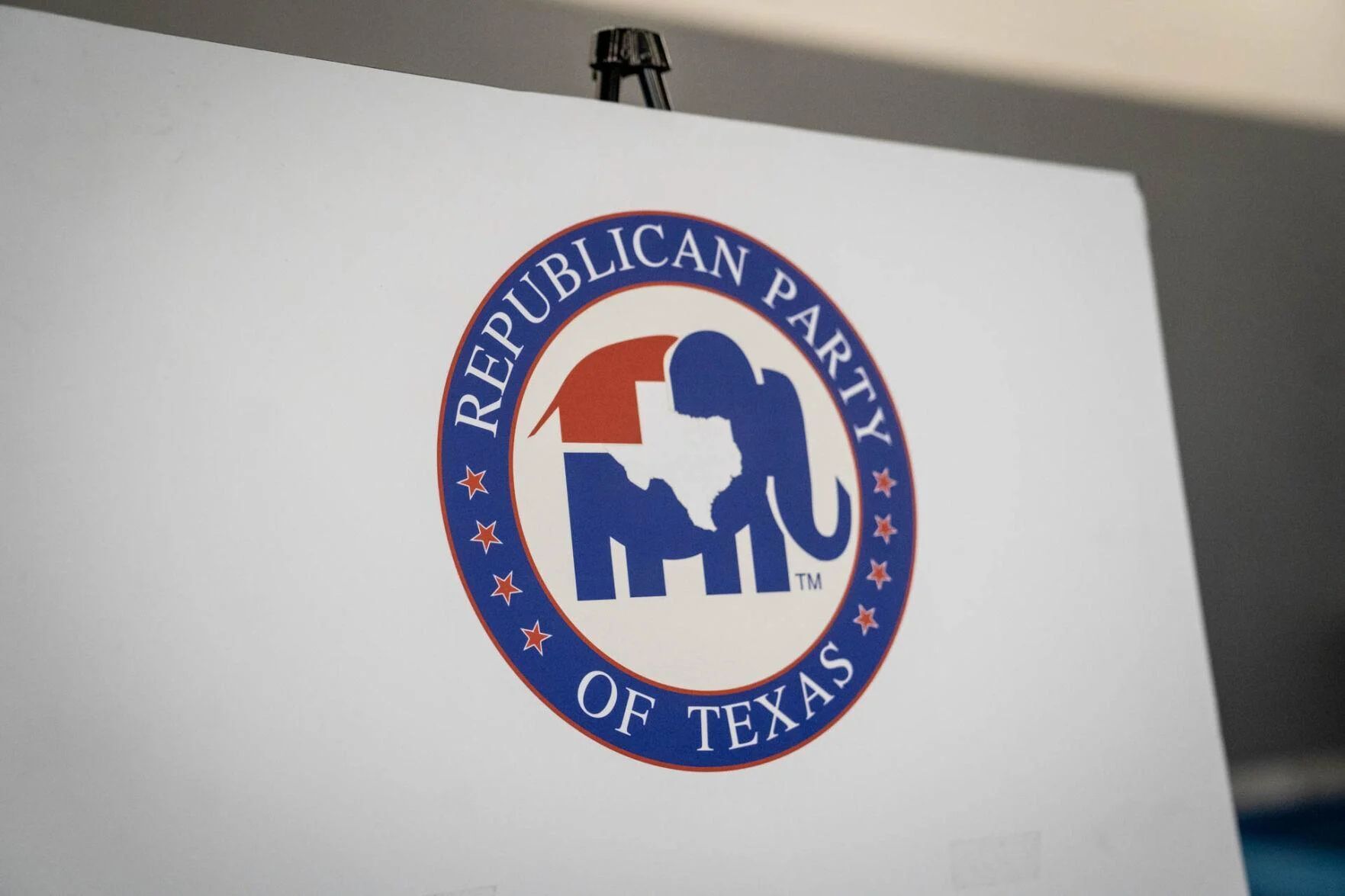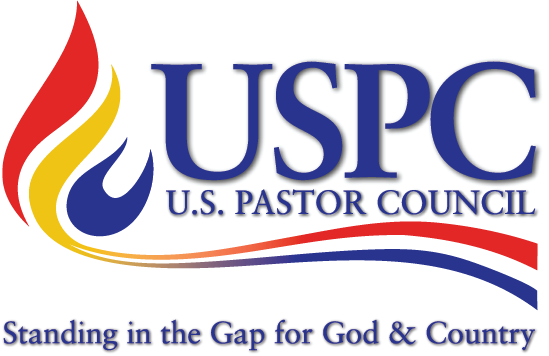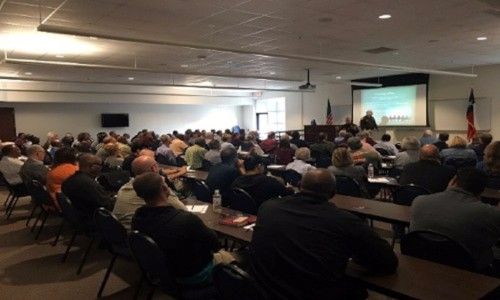
The argument over the Texas House Republican Caucus’ speaker endorsement is a lot like Schrödinger's Cat — the bylaw is both alive and dead depending on who one asks and until one opens the box that is the 2026 primary.
Both sides of the speakership race have strong feelings about the validity and enforceability of the bylaw that states House Republicans must vote for the caucus-endorsed candidate for speaker on the chamber floor.
The events of December 7 — the caucus meeting, the walkout, the stalemate, and the victory declarations — have given both those backing state Rep. David Cook (R-Mansfield) and those backing state Rep. Dustin Burrows (R-Lubbock) the ammunition they seek to make their cases.
Regardless, the bylaw is non-binding and the only string tying it together is the threat of retribution against those who violate it via a primary challenge, which for all intents and purposes appear in the cards for a chunk of the GOP caucus.
The Origin
In October 2017, a five-member workgroup released a report evaluating the establishment of a GOP caucus bylaw directing members to support a candidate for speaker selected via an internal process. The report emphasized ...

